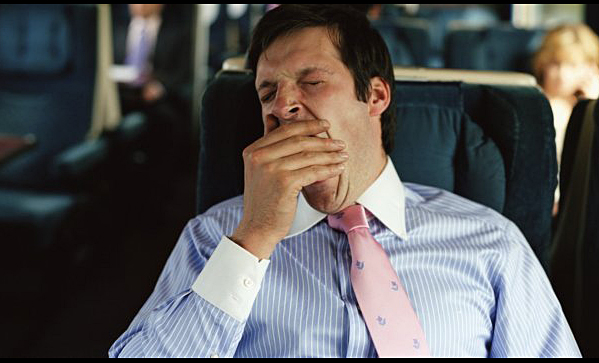Not getting enough sleep? Who is? Poor sleep is associated with all kinds of problems, from anxiety to overeating to thinking women are way more into you than they really are, a problem we call sleep goggles. Oh, and poor sleep ruins how well you work the next day.
Fortunately, there’s a fix for that. According to a study published in the Journal of Experimental Psychology, your cognitive function after a night of bad sleep can improve—so long as you think your sleep was actually good.
For the study, researchers had a group of undergraduates report how well they slept the night before on a scale from one to ten. Then they were given a brief lecture on sleep’s effect on cognitive function, which included being told that a lower amount of REM sleep causes a decrease in learning test scores. They also said that people who spent more than a quarter of their time in REM sleep tended to score high on such tests.
Then, the undergraduates were hooked up to equipment that they were told measured their pulse, brainwave, and heart rate. In reality, only their brainwaves were measured. The undergraduates were also told that the equipment would reveal how much REM sleep they’d gotten the night before; this was a lie.
A researcher pretended to calculate the undergrads REM sleep, and half of the undergrads were told that they only spent 16.2% of their time in REM sleep, and the other half were told 28.7%. The undergrads then took a learning test of “skills most affected by sleep deprivation”.
Researchers controlled for the undergrads actual sleep quality, but those who were told that they’d had lots of REM sleep scored quite well on the test, and those who were told that they didn’t get much REM sleep scored quite poorly.
As we’ve seen time and again, your brain can be pretty easily fooled. Fortunately, you can work with that—think of yourself as well-rested, and you might start feeling that way. Alternatively, you can always catch up on sleep by camping.


